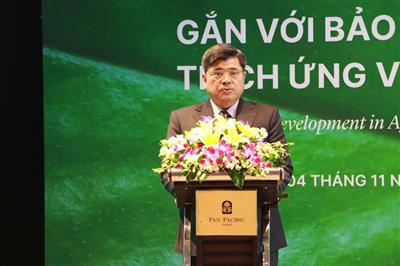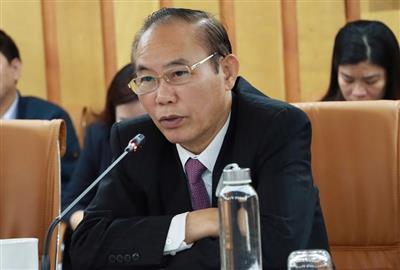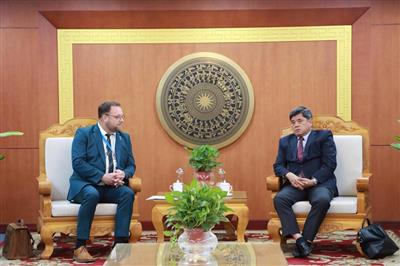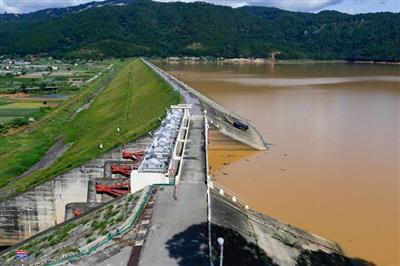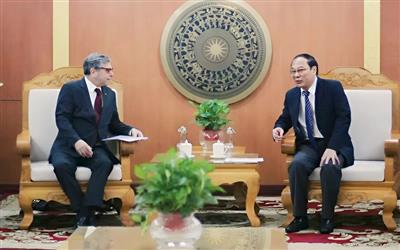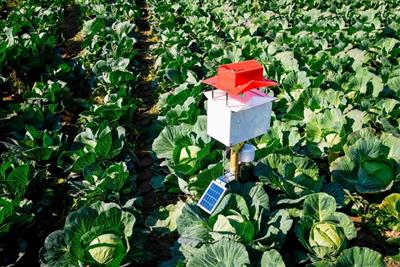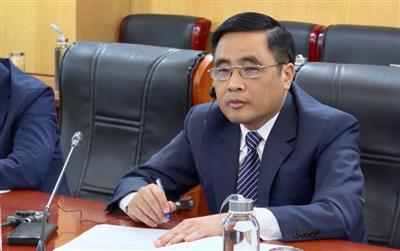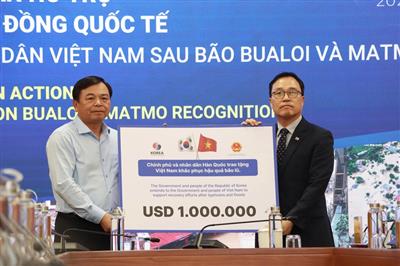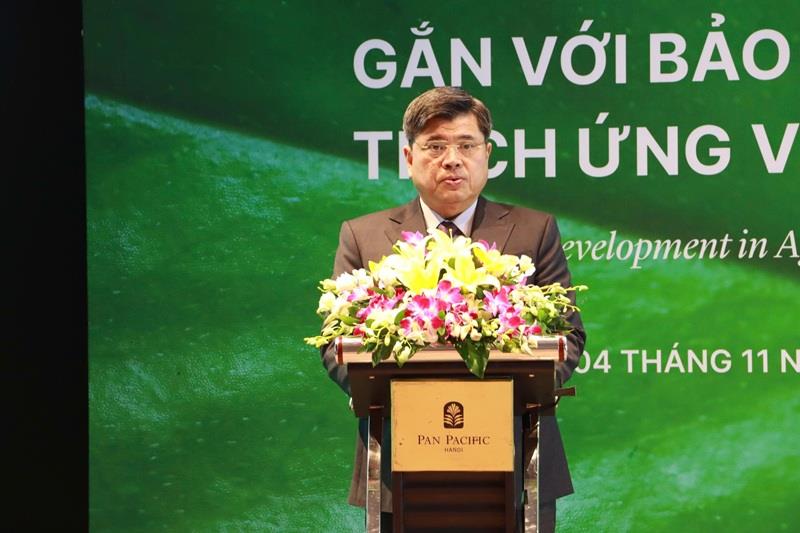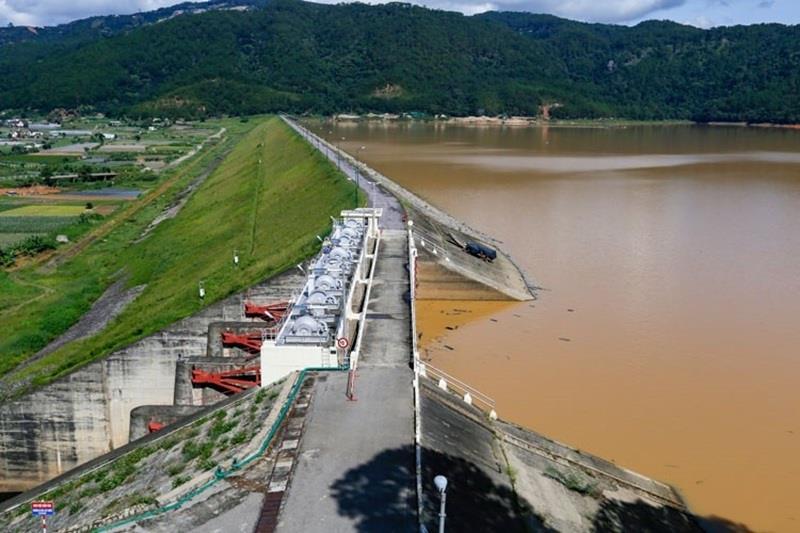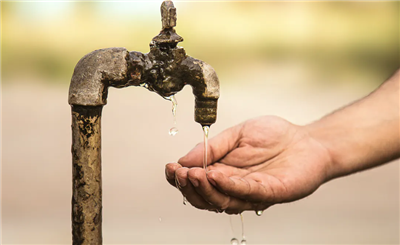
The feasibility and willingness of manufacturers and importers in Vietnam to participate in the Extended Producer Responsibility program
09/04/2024TN&MTExtended Producer/Importer Responsibility (EPR) is an environmental strategy/policy which the responsibility of manufacturers for their products is extended to the disposal stage of the product’s lifecycle. In practice, EPR involves manufacturers taking primary responsibility for the proper management of waste products, including waste collection, pre-treatment (such as sorting, cleaning, and pre-processing), and recycling/disposal of those waste products. EPR systems allow manufacturers to extend their responsibilities by contributing the necessary financial resources or directly/indirectly carrying out waste collection, processing/recycling activities, and supporting operational processes from the community. EPR can be implemented individually or in combination.

Vietnam’s regulations on EPR (Article 54 of the Environmental Protection Law 2020 and Articles 77-82 of Decree 08/2022/NĐ-CP) apply to various product groups and packaging materials, starting from January 1, 2024.
EPR shifts the responsibility for managing waste from the government to producers/importers.
EPR encompasses various definitions, but in simple terms, it is an environmental policy which manufacturers are required to take primary responsibility for their products after they are disposed of. Specifically, manufacturers must take primary responsibility for the proper management of their waste products, including collecting waste products from end-users, pretreatment (such as sorting, preprocessing, and cleaning), and recycling or disposing of waste products. EPR systems allow manufacturers to fulfill their responsibilities by contributing the necessary financial resources or by directly managing waste product management activities, as well as supporting the community throughout the process. EPR can be implemented individually or in combination, but it always needs to be regulated by an effective legal framework.
EPR shifts the responsibility for managing waste from the government to producers/importers. This leads to the inclusion of proper waste management costs in the product production costs, reducing the amount of waste released into the environment and increasing recycling and reuse capabilities. EPR particularly focuses on reducing environmental impacts at the disposal stage by managing waste product streams tightly and converting these waste products into materials reentering the material cycle. Two main characteristics of EPR policy are: (1) The transfer of public responsibility for products in the post-consumption stage to the upstream stage in the production-consumption chain, meaning it is transferred to manufacturers/importers; and (2) Encouraging manufacturers to consider environmental issues right from the product design stage.
Tools for implementing EPR may include legal requirements concerning product retrieval (with specific retrieval rates); economic and market tools (such as deposit-refund systems, environmental subsidies); waste disposal fees, raw material taxes (for difficult-to-recycle and hazardous materials); technical standards and regulations (minimum recycling rates, environmentally conscious design, mandatory recycling specifications, recycled material standards); information tools (annual reporting, product labeling, informing customers about manufacturer responsibilities and waste categorization, notifying recyclers about materials used in the product). These tools need to be comprehensively and uniformly utilized to enhance the efficacy of EPR enforcement.
The feasibility and readiness of businesses to implement EPR
In 2021, the Institute of Strategy and Policy on Natural Resources and Environment (ISPONRE) conducted a survey of small and medium-sized enterprises (SMEs) in the plastic packaging sector to assess their readiness to implement regulations on recycling responsibility and waste collection and treatment, as outlined in the detailed regulations of the Environmental Protection Law of 2020 (subsequently referred to as Decree 08/2022/NĐ-CP). The survey was carried out by sending questionnaires to 31 businesses and conducting direct or online interviews with 15 businesses, including plastic packaging manufacturers and importers, plastic recycling enterprises, and plastic packaging consumers (expanding and supplementing the survey targets).
The survey’s results revealed that out of the 31 surveyed enterprises, 29 businesses, accounting for a notably high percentage of 93.55%, demonstrated both initial and comprehensive awareness of their responsibilities regarding waste collection, recycling, and disposal as outlined in Articles 54 and 55. This underscores a significant advantage in the implementation and application of Articles 54 and 55 of the Environmental Protection Law for SMEs.
The majority of surveyed enterprises affirmed their environmental protection responsibilities within their production activities and recognized the serious implementation of environmental protection laws as a means to enhance their corporate image. Therefore, the implementation of EPR is perceived as a way for businesses to demonstrate their social obligations and responsibilities.
The survey’s results from businesses regarding their capability to implement regulations related to EPR indicate that the majority of enterprises agree with the relevant EPR system contents, with agreement rates ranging from 51.6% to 71%.
However, there are several key factors that affect the feasibility of implementing EPR in businesses, including:
- Regulations on mandatory recycling rates: It is very challenging to establish mandatory recycling rates because recycling rates depend on various factors that vary for each type of equipment, packaging, and material used in packaging. They also depend on recycling markets and technologies, making it difficult to apply them in practice. The government should issue specific guidelines for different types of enterprises regarding mandatory recycling rates. To ensure the feasibility of EPR, the government should develop a timeline for gradually increasing mandatory recycling rates each year until the necessary recycling rates are achieved.
- Determining the financial contribution to the Vietnam Environmental Protection Fund: Due to the complexity of calculating mandatory recycling rates, determining the amount of financial contribution to the Environmental Protection Fund of Vietnam for each type of product and packaging will also be challenging and may not be suitable for businesses in different segments.
- There are two forms of recycling activities: informal recycling in craft villages and formal recycling, which poses challenges for the implementation of EPR. Formal recycling enterprises face difficulties in purchasing recycled plastic, leading to higher recycling costs and making it challenging to compete on product pricing.
- Limitations on the scope of entities implementing EPR: The majority of businesses, especially small enterprises with low production capital and high competitiveness, express negative opinions or opt out of implementing EPR due to concerns that any additional costs may push them into difficult production situations. The regulations on implementation thresholds (revenue ranging from 30-100 billion VND depending on the packaging product group or import volume) are generally understood such that businesses with revenue below the implementation threshold are not required to apply EPR. As a result, many enterprises do not pay much attention to EPR implementation.
Although the survey results are not conclusive and do not clearly demonstrate that all enterprises are ready to implement EPR, the survey findings indicate that 48.4% of businesses have agreed to apply EPR. Among them, 35.5% of surveyed enterprises are ready to implement EPR, while 12.9% have already implemented EPR to varying degrees. The proportion of businesses needing further consideration is 25.8%, which may have a more positive perception and switch to agreement if the difficulties and obstacles mentioned and analyzed above are solved.
Solution to ensure the readiness of SMEs for EPR implementation.
Adjusting the regulations of the Decree to ensure feasibility for SMEs: The majority of enterprises believe that the recycling rate calculation formula and recycling standards outlined in the Draft Decree are not suitable for SMEs. The survey results will serve as input for adjusting the regulations in the Draft Decree to ensure feasibility for implementation by enterprises, especially SMEs. Regarding the recycling rate, considering applying a percentage rate instead of a fixed rate formula. In the initial phase, a lower rate could be applied, and this rate could be adjusted based on actual circumstances.
Ensuring that the implementation of EPR does not create barriers for businesses in terms of increasing production costs and reducing competitiveness: The survey results indicated that many businesses are concerned about the fee levels, which may lead to higher product costs and decreased competitiveness. The proposed fee levels are deemed inappropriate. Ensuring the determination of suitable fee levels will assist businesses in fully fulfilling their obligations in the future.
Clearly define the responsibilities of businesses within the value chain: The responsibilities of businesses within the plastic value chain (manufacturers, importers, product consumers, and users) need to be clearly delineated to ensure fairness in implementing recycling and waste disposal responsibilities.
Disseminating EPR regulations for SMEs: Survey results indicated that although businesses are aware of the provisions of Articles 54 and 55 of the Environmental Protection Law 2020, specific regulations regarding recycling rates, recycling standards, contributions to the Vietnam Environmental Protection Fund, etc… are still not fully understood by businesses. Therefore, to ensure effective implementation in the future, the Ministry of Natural Resources and Environment (MONRE) needs appropriate communication methods to ensure a proper understanding of EPR regulations.
Associate Professors Doctor Nguyen Duc Quang
School of Environmental Science and Technology
(Published in the Special Issue of Science & Technology, issue number 2, 2023, of The Natural Resources and Environment Magazine)


